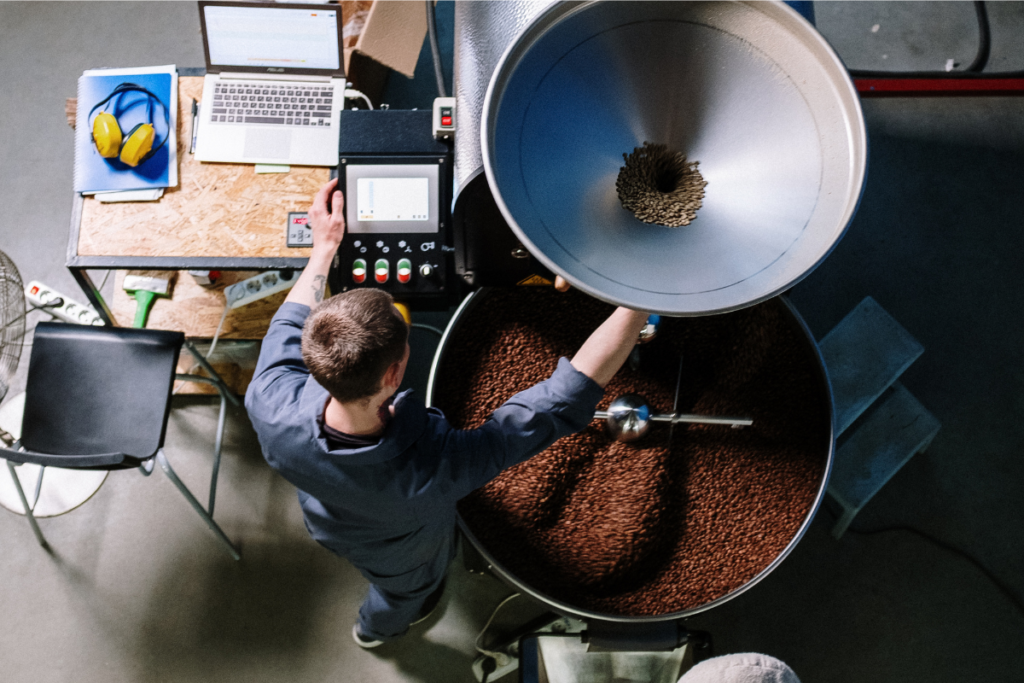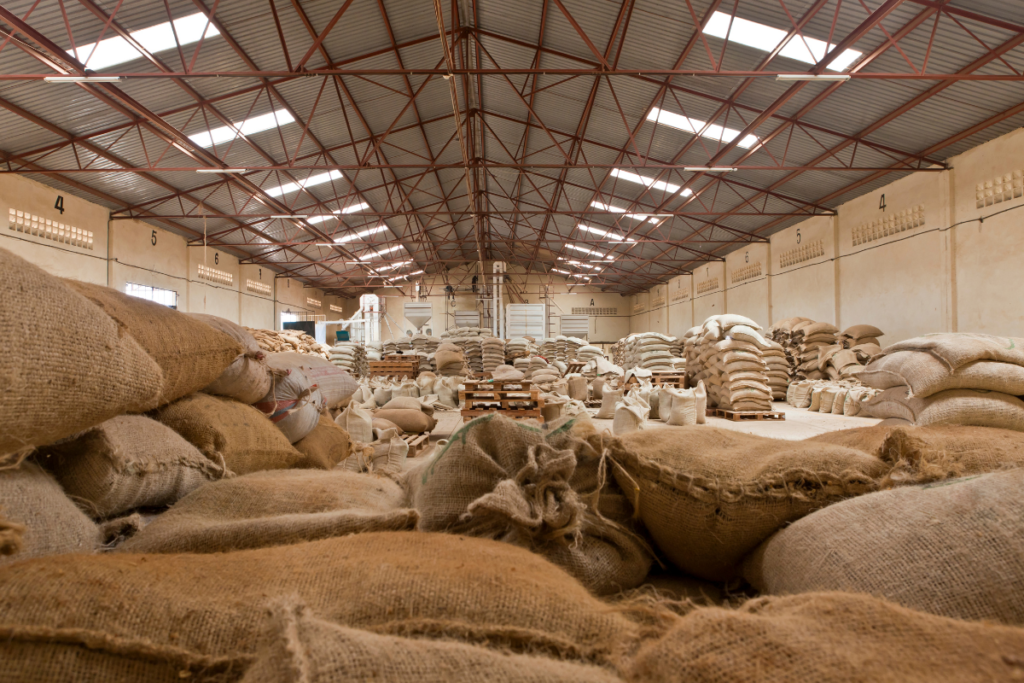
While the specific challenges for specialty coffee roasters in 2024 may vary depending on factors such as market dynamics, regional conditions, and individual business circumstances, several overarching challenges are likely to impact the industry:
- Supply Chain Disruptions: Coffee roasters continue to face challenges related to supply chain disruptions, including transportation delays, labor shortages, and logistical bottlenecks. Issues such as port congestion, shipping constraints, and regulatory changes can disrupt the flow of green coffee beans from origin countries to roasting facilities, leading to increased costs, inventory shortages, and delivery delays.
- Price Volatility and Cost Pressures: Coffee roasters are exposed to price volatility in the global coffee market, which can impact the cost of green coffee beans and other raw materials. Fluctuations in currency exchange rates, supply-demand dynamics, and weather-related events can influence coffee prices, making it challenging for roasters to manage production costs, pricing strategies, and profitability margins.
- Sustainability and Ethical Sourcing: Consumers are increasingly demanding transparency, sustainability, and ethical sourcing practices in the coffee industry. Roasters face pressure to demonstrate their commitment to social responsibility, environmental stewardship, and fair trade principles throughout the supply chain. Meeting these expectations requires investment in sustainable sourcing initiatives, certification programs, and supply chain traceability measures.
- Climate Change and Environmental Risks: Climate change poses significant risks to coffee production, including shifts in weather patterns, increased incidence of pests and diseases, and declining crop yields. Coffee roasters must contend with the impacts of climate change on coffee quality, availability, and pricing, while also supporting adaptation and resilience efforts in coffee-producing regions.
- Consumer Preferences and Market Trends: Specialty coffee roasters must stay attuned to evolving consumer preferences, market trends, and industry innovations to remain competitive in a dynamic marketplace. Changing consumer tastes, emerging coffee trends, and advancements in brewing technologies can influence product development, branding strategies, and marketing initiatives for roasters seeking to differentiate their offerings and capture market share.
- Competition and Consolidation: The specialty coffee industry is highly competitive, with a growing number of specialty coffee roasters vying for market share and consumer attention. Roasters face competition from both traditional players and new entrants, including specialty coffee shops, boutique roasters, and direct-to-consumer brands. Market consolidation and mergers-acquisitions activity may also reshape the competitive landscape, posing challenges for smaller or independent specialty coffee roasters to compete effectively.
- Technology and Automation: Advancements in coffee roasting technology and automation are transforming the industry, offering opportunities for efficiency gains, product innovation, and quality control. However, adopting new technologies and integrating automation into roasting operations requires investment in equipment, training, and infrastructure, as well as careful consideration of the impact on traditional roasting practices and craftsmanship.
Overall, specialty coffee roasters in 2024 face a complex and dynamic operating environment characterized by challenges related to supply chain resilience, price volatility, sustainability, consumer expectations, and competitive pressures. Successfully navigating these challenges requires adaptability, innovation, and a strategic approach to managing risks and seizing opportunities in an evolving coffee market.


